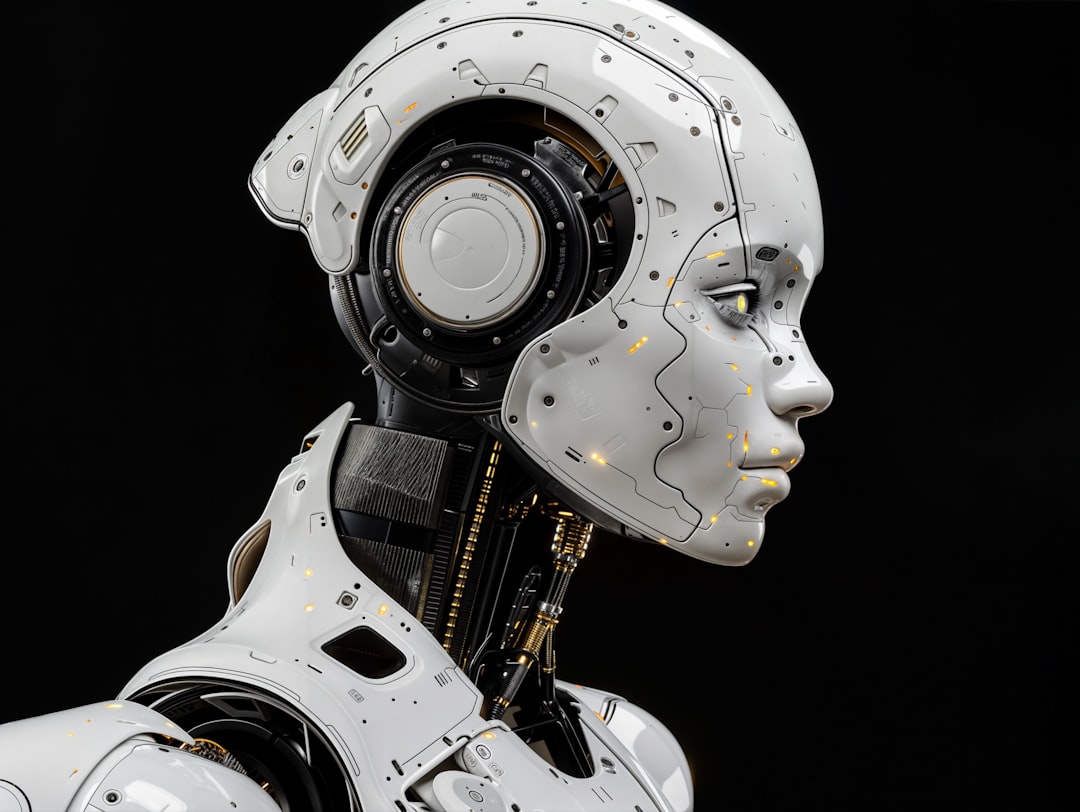Imagine a world where machines surpass humans in nearly every intellectual task. This isn’t a scene from a science fiction novel; it’s the realm of superintelligence, a transformative leap that could redefine the very fabric of our reality. Superintelligence offers the promise of an unparalleled capability to solve the most complex problems facing humanity, but it also brings with it significant challenges and ethical considerations.
At its core, superintelligence refers to a form of artificial intelligence that eclipses the brightest human minds in every field, from scientific discovery to social manipulation. This is not just about raw computing power but includes the ability to solve intricate problems, think creatively, and make judicious decisions more effectively than any human. The concept of superintelligence poses intriguing possibilities: machines that can conduct complex scientific research autonomously, develop new technologies, and even guide decision-making processes across economics, health care, and environmental management.
But what does it mean for a machine to be “superintelligent”? It involves enhancing fundamental AI capabilities, including learning, reasoning, and perception, to levels that are unimaginable by today’s standards. For instance, consider an AI that can intuitively understand and navigate complex social dynamics or an AI capable of producing original artwork and capturing the nuances of human emotion. Such advancements would represent a profound shift in how we relate to technology and its role in our lives.
The journey to achieving superintelligence involves surmounting numerous technical and ethical hurdles. Current AI models primarily rely on large datasets and pattern recognition abilities. For AI to evolve into superintelligence, it would need to possess advanced general intelligence, which requires the development of new algorithms and computing paradigms that emulate human thought processes.
The advent of superintelligence marks a pivotal point in technological evolution, with potential benefits that are as vast as the risks it entails. On the one hand, superintelligence could radically transform sectors such as medicine, where AI-driven diagnostics and personalized treatment plans could revolutionize patient care. In environmental science, superintelligent systems might predict and mitigate the impacts of climate change more swiftly than any human could.
However, empowering AI with such profound capabilities isn’t without peril. There exists a consensus among AI researchers about the existential risk posed by superintelligence: an AI whose goals are misaligned with human values could inadvertently cause significant harm. Ensuring alignment between AI behavior and ethical standards becomes paramount, demanding robust frameworks for AI governance and control mechanisms.
The ethical dilemmas extend beyond control to aspects like transparency and accountability. Who is responsible for the actions of a superintelligent AI? How can we ensure inclusivity and fairness in deploying these technologies? These are questions that the scientific community must grapple with, alongside crafting innovative technical solutions.
As we inch closer to the possibility of superintelligence, ongoing discourse among scientists, ethicists, and policymakers is crucial. By fostering an interdisciplinary approach that integrates diverse perspectives, we can pave the way for responsible development. Initiatives like AI ethics committees and international regulatory bodies can play a significant role in setting standards that prioritize human welfare while advancing scientific frontiers.
In conclusion, superintelligence is a double-edged sword, holding the key to unprecedented advancements and posing critical ethical challenges. Navigating this landscape requires a balance between innovation and caution, ensuring that our pursuit of enhancing AI does not lose sight of the human element. As we stand on the brink of a new era, the evolution of superintelligence continues to captivate and challenge us, urging us to rethink the boundaries of possibility in technology.
AI
Superintelligence















Leave a Reply